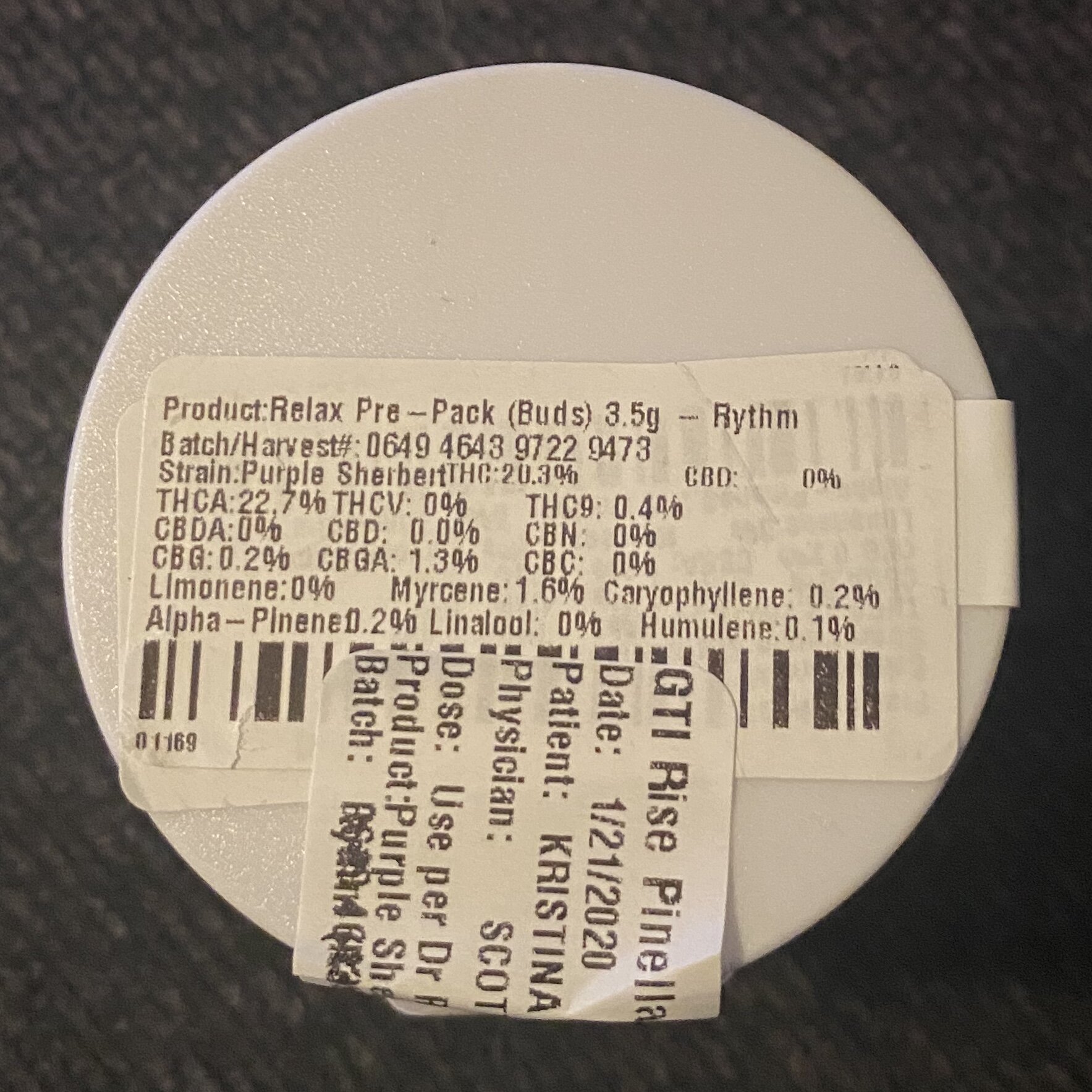Breaking Down Cannabinoids: What is THCa?
Even the most experienced users are surprised to hear that the cannabis plant doesn’t actually produce THC and CBD. I know….you probably just said to yourself, “What? What the hell is she talking about. Of course cannabis produces THC.” Instead, the cannabis plant creates cannabinoids in their raw state, called cannabinoid acids. While similar, these cannabinoid acids have different properties than the THC and CBD we know and love. THCa, is just that. The acidic form of THC.
What is Decarboxylation?
When heated, the cannabinoid acids naturally found in the cannabis plant, drop a carbon dioxide molecule (the acid) and convert into a neutral state through a process called decarboxylation. This turns the non-psychoactive THCa into the psychoactive and well known THC.
Time and room temperate (for example, the drying process) will slowly cause decarboxylation, but this happens at a very slow rate. When smoking, dabbing, or vaporizing this process happens immediately, converting the THCa to the psychoactive THC. When making cannabis edibles, tinctures, or other oral preparations the raw flower must be heated slowly over time to achieve decarboxylation without degrading the medicine. This is why eating or juicing raw flower will not produce a psychoactive effect - the THCa hasn’t been converted to THC.
What are the benefits of THCa?
While research on THCa is at the very beginning stages, THCa has shown promise in a few areas of health:
Potent anti-inflammatory action at ultra low doses, especially when paired with THC.
Powerful anti-nausea and vomiting effects, possibly stronger than previously demonstrated with THC and CBD.
Neuro-protective qualities, potentially useful for the treatment of neurodegenerative diseases such as dementia, Parkinson’s, and Huntington’s
Anti-proliferative properties (anti-cancer)
Anti-seizure and anti-eplieptic effects
Potential weight loss agent with positive impacts on metabolic disease. THCa administered in a mouse model of obesity found significant reduction in fat mass and body weight gain, as well as a significant reduction of glucose intolerance and insulin resistance.
Last year I had the opportunity to see Dr. Dustin Sulak, a world renown cannabis physician, speak at a conference. He presented on the benefits of THCa and CBDa and it’s use in his patients for it’s potent anti-inflammatory effects. He recommends his patients to consume THCa by eating raw flower - a pea size piece twice per day. We’ve adopted this to our own practice, with patients reporting decreased pain, inflammation, and GI symptoms.
Will THCa Get Me High?
Cannabis flower label shows THCa and THC9 content.
There are two different types of THCa medicines available to cannabis patients - those meant to be consumed as is and those meant to be heated. This difference, along with misleading marketing, has led to some confusion about the benefits and psychoactivity of THCa medicines.
THCa, cannabis in it’s raw form, is non-psychoactive and a great choice for patients needing to stay clear headed. However, some cannabis products that are meant to be heated still market the benefits of THCa. This can confuse patients, because the moment you apply heat to THCa (like via a dab rig or lighter) you no longer have THCa and can expect to experience psychoactivity.
Products like THCa ‘snow’ or isolate, are meant to be heated but have no to very little terpenes. This can result in a less sedating and more cerebral high that some experience as less psychoactive. This is similar to the difference between smoking flower or vaping distillate oil. While the effects of isolate or distillate may feel hollow in comparison, it is still very much psychoactive.
How Can I Consume THCa?
Eating or juicing raw or dried cannabis flower
THCa oral tincture, capsule, or other oral preparation (available in some States)
THCa isolate, consumed orally with no heat
What is THCa Isolate or ‘Snow’?
THCa isolate or cannabis snow are forms of THCa concentrates. THCa isolate is typically made via a solvent extraction and only contains THCa, while Blue River’s THCa “snow” is made via a solventless process and may retain trace amounts of terpenes and other cannabinoids. They are both extremely pure forms of THCa and very potent when heated. They can be dabbed or flash vaporized, mixed with other concentrates, or sprinkled on flower to boost potency. While these concentrates can be consumed orally for the THCa content, they are typically dabbed for their efficient and rapid intake of THC.
References:
https://www.ncbi.nlm.nih.gov/pmc/articles/PMC5627671/
https://www.ncbi.nlm.nih.gov/pubmed/28853159
https://www.ncbi.nlm.nih.gov/pubmed/31897571
https://www.ncbi.nlm.nih.gov/pubmed/30638755
https://www.ncbi.nlm.nih.gov/pubmed/31706843
https://www.jstage.jst.go.jp/article/bpb/34/5/34_5_774/_article
https://www.ncbi.nlm.nih.gov/pubmed/22571976
https://bpspubs.onlinelibrary.wiley.com/doi/full/10.1111/bph.12316
https://www.ncbi.nlm.nih.gov/pubmed/28254350





